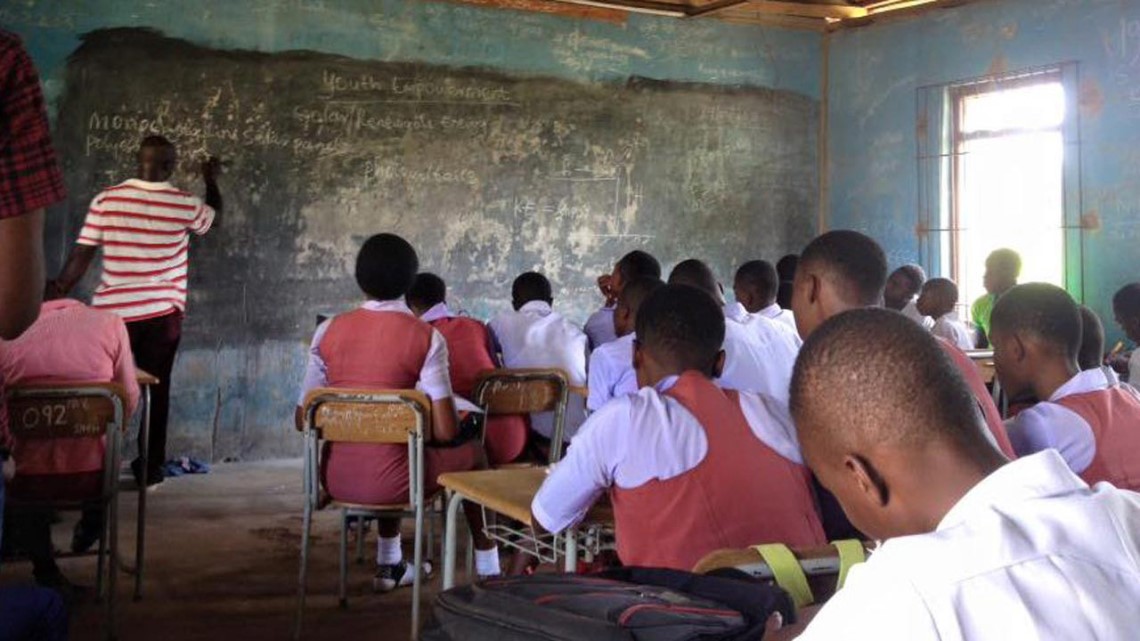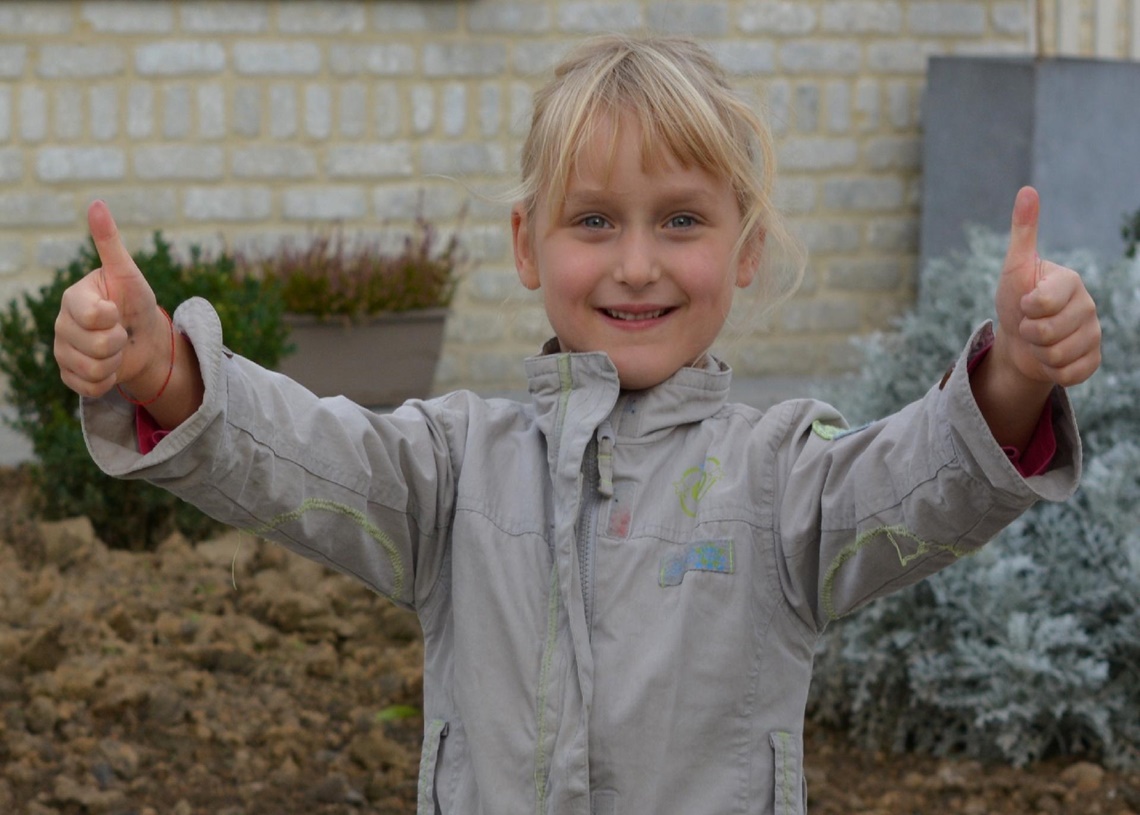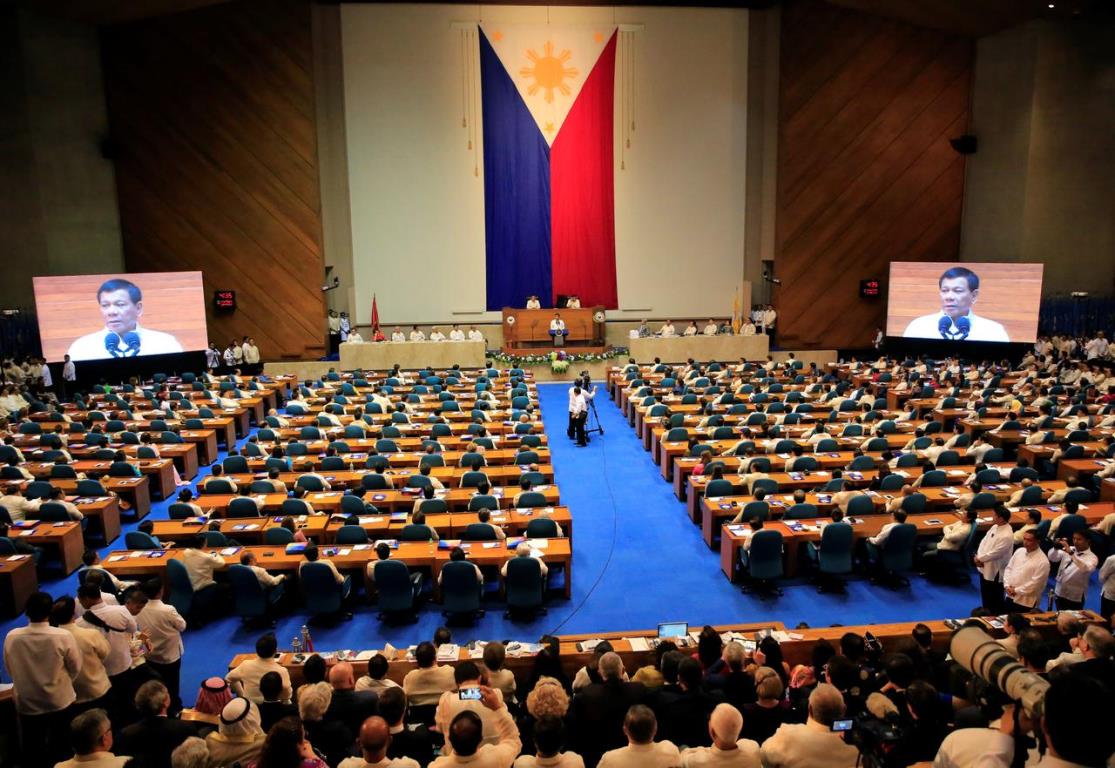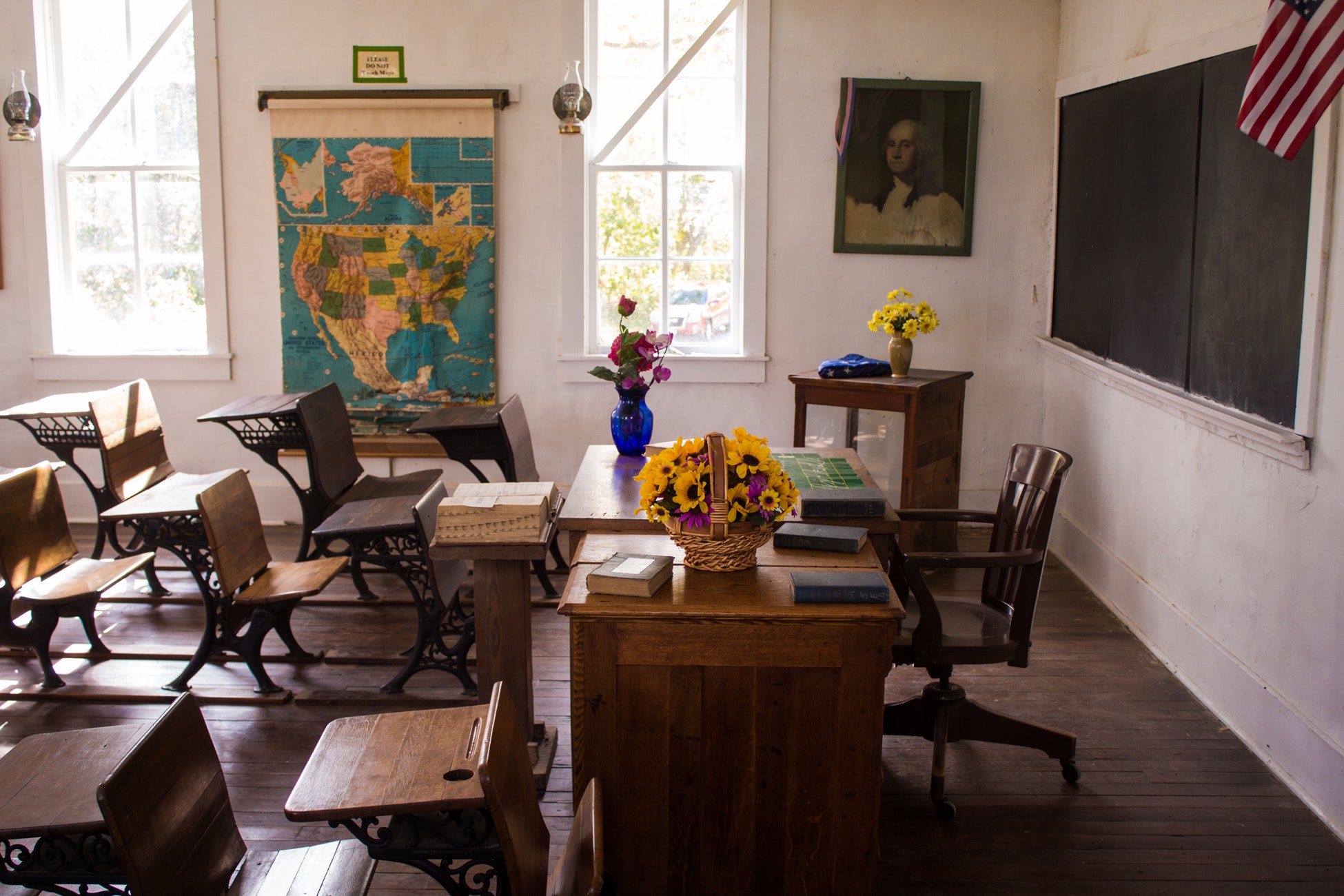The gap in educational inequality in Nigeria gets more obvious during the COVID-19 pandemic.
A gap in Educational inequality
The COVID-19 pandemic stabbed the world’s economy unexpectedly. Many businesses and establishments have been forced to retrench and even closed indefinitely. Many jobs have been lost, and families dragged even more to poverty.
Schools and universities were closed in almost all countries, leaving a worldwide dilemma on what the future holds for the education system. Educational inequality in poor countries become more evident as governments struggle to find a solution in maintaining the continuity of their education systems.
Poverty is a huge factor in the development of a good education system in a country. Nigeria, despite being the top oil producer in Africa, its huge population pulls down the economy of the country as a whole. More than 40 percent of Nigeria’s population is categorized as below the poverty line, in a recent survey of Nigeria’s National Bureau of Statistics.
Poverty translates into educational inequality. This is the scenario in Nigeria, where 40 percent of the 6-11-year-old population are not attending school regularly. More than 10 million children below 14 years old do not have access to basic primary education.
COVID-19 widens the gap
With the pandemic coming into play, students from average earning families who can barely go to school will be added to the list of possible out of school children for this coming school year.
With such a high risk to students’ safety and health, physical classes seem impossible to happen in Nigeria this school year.
Most countries are shifting to online learning, just to ensure the continuity of education. Yet, in most communities in Nigeria, it seems to be possible without the additional funding from the government. Electronic gadgets and internet connection seem to be a luxury where low-income families cannot afford it.
As a counter-measure, the Ministry of Education in Laos has tapped into radio stations and TV channels to offer scheduled airtime classes per grade level to deliver lessons to students in rural areas of Nigeria.
Leaving behind students due to lack of resources for distance learning might create a negative impact on the student’s interest in learning. This shows the huge impact of educational inequality when the government barely provides proper funding for its education system.







